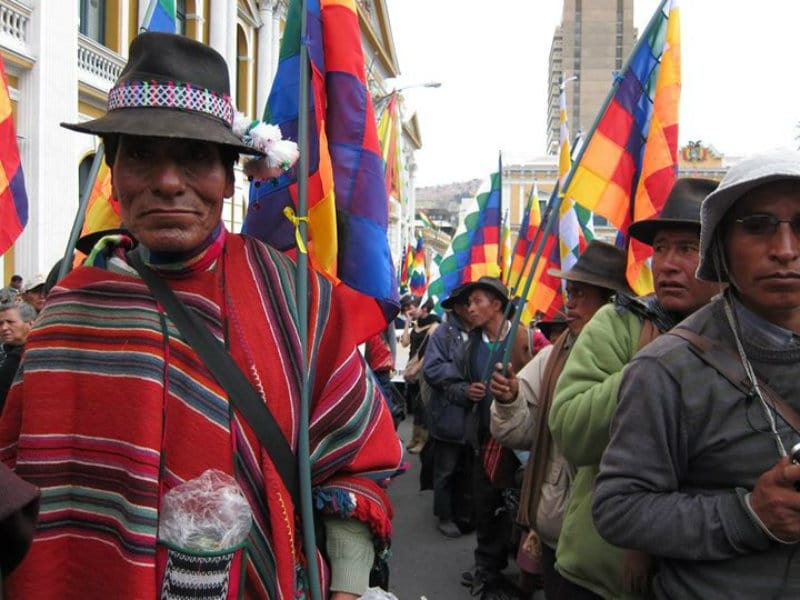
LA PAZ – Bolivian President Evo Morales has promulgated a law to facilitate integration and sustainable development in indigenous communities in the region called TIPNIS.
“This law will allow development of the people in Beni,” said the president in the presence of members of social, union, countryside-worker, original people, students, professionals, businesspeople and transportation-worker organizations, as well as other sectors that gathered at a mass meeting in the city of Trinidad.

The legislation number 266 on the Indigenous Territory and Isiboro Secure National Park (TIPNIS) was promulgated after a referendum held in 2012, in which 58 of the 68 communities were in favor of its approval.
The Tipnis is a 12,363-square-kilometer protected area, located between the departments of Beni and Cochabamba, where the indigenous Chiman, Yuracare and Mojeño Trinitario people live.
‘The Ultimate Border’: Chilean students discover Mapuche history with new video game
The new law, proposed by indigenous Deputy Ramona Moye, eliminates the TIPNIS intangibility and allows the construction of roads in that area to make it part of the national territory and increase services as health, education and drinkable water, and develop productive projects.
“The indigenous people have right to development, that is what the United Nations say,” said Mr. Morales, who criticized the NGOs opposed to progress in that region and to access by those communities to basic services.



